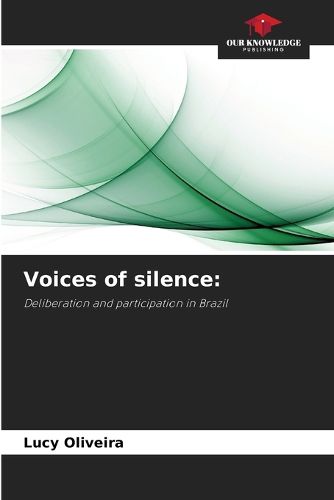Readings Newsletter
Become a Readings Member to make your shopping experience even easier.
Sign in or sign up for free!
You’re not far away from qualifying for FREE standard shipping within Australia
You’ve qualified for FREE standard shipping within Australia
The cart is loading…






Social and democratic participation in contexts of powerful and sometimes violent domination is the main issue addressed in this book. It arose from academic research that for two years followed the functioning of the Rural Territories located in the state of Alagoas, in northeastern Brazil, established in 2003. In this sense, we sought to investigate how public deliberation was crossed by local political relations and vice versa, promoting a reflection on the clashes between the proposal for participation and the reality marked by social hierarchies. The data produced was analyzed in the light of Boltanski's pragmatic sociology and his concept of justification, as well as the concept of patronage, in order to identify a tradition of "demanding silence and resignation" around politics. At the same time, this structure is mediated and re-signified by the individuals involved in the debate, who seek, in the fissures of the structure, to build a space for vocalizations, establishing strategies for overcoming inequalities. We hope that this book will contribute to the debate on contemporary political participation.
$9.00 standard shipping within Australia
FREE standard shipping within Australia for orders over $100.00
Express & International shipping calculated at checkout
Social and democratic participation in contexts of powerful and sometimes violent domination is the main issue addressed in this book. It arose from academic research that for two years followed the functioning of the Rural Territories located in the state of Alagoas, in northeastern Brazil, established in 2003. In this sense, we sought to investigate how public deliberation was crossed by local political relations and vice versa, promoting a reflection on the clashes between the proposal for participation and the reality marked by social hierarchies. The data produced was analyzed in the light of Boltanski's pragmatic sociology and his concept of justification, as well as the concept of patronage, in order to identify a tradition of "demanding silence and resignation" around politics. At the same time, this structure is mediated and re-signified by the individuals involved in the debate, who seek, in the fissures of the structure, to build a space for vocalizations, establishing strategies for overcoming inequalities. We hope that this book will contribute to the debate on contemporary political participation.